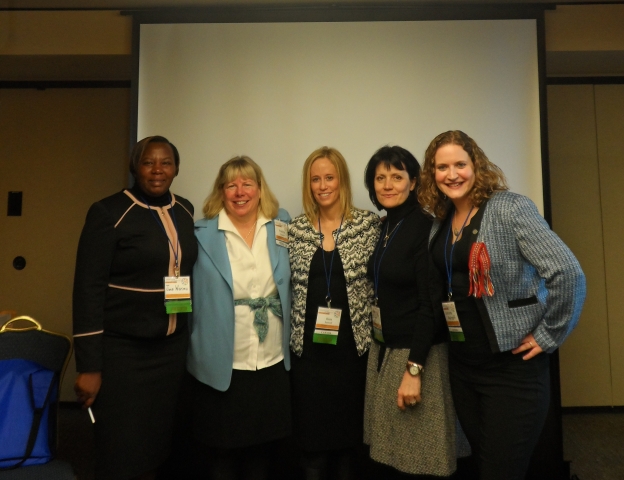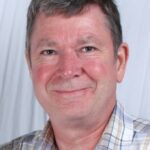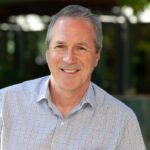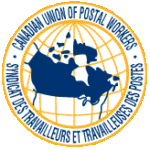GF mom speaks at international global summit
In Grand Forks, Laranna Androsoff is known as the Aboriginal Family Support Worker at Boundary Family and Individual Services Society (BFISS) and as Trinity’s mom. But earlier this month she got wider recognition for the latter.
Androsoff was invited to speak at the 2014 Global Summit on Childhood in Vancouver. There she sat on a panel of professionals from around the world including professors, philanthropists and researchers from as far away as Romania and Kenya.
“They were looking for a parent representative in Canada,” said Androsoff.
As a mom, Androsoff has always been vocal about her daughters needs but she is also passionate about early childhood intervention. She has previously been featured in national media and taken part in infant studies. It was a University of British Columbia professor that recommended her, out of all other parents in Canada, to sit on the panel.
“She told me ‘I know a lot of parents I could recommend, but I know who I should recommend,’” said Androsoff. “It blew me away.”
Androsoff accepted the expenses-paid invitation to the summit, which had representatives from 60 countries attending, and sat on the panel titled Developing Children with Disabilities and Families in the Developing World: The Young Athletes Experience. The panel had an interest in Special Olympics.
She was the first speaker — after the panel’s lead speaker — and she led with a Global TV video made last year after she raised concerns about a lack of funding in the region for special needs children. She followed the video by talking about Trinity and their challenges.
Trinity was born with a chromosome disorder called 6Q25.3 deletion. What that means for scientists is that of her 23 pairs of chromosomes, one chromosome is missing its 69 genes. What that means for Trinity’s family and caregivers is that she has a smaller head circumference, she was diagnosed with autism last year and her future is wide open.
Originally Androsoff was told that Trinity, now three, would never walk or talk, but her mom says early intervention played a huge part in Trinity’s accomplishments. .
“She can walk, jump and even kick a ball,” said Androsoff, going on to list more of her achievements including knowing at least 75 words, being able to name colors and shapes, even complex shapes like a hexagon. “I couldn’t be prouder of her.”
Androsoff’s presentation was a success.
“I had a great response,” she said. Some people were crying and others were overjoyed at her daughter’s accomplishments. “They stood up at the end.”
After the event, Androsoff was able to stay for the rest of the summit. People approached her to talk about her daughter and she was even asked to talk at future conferences.
“That’s something I would love to do,” said Androsoff, who hopes to take advantage of similar opportunities. “These children really need a voice.”
As for Trinity, anything could happen in her future. Her condition is so rare information is limited and there is an even smaller support network. Of the 69 genes that Trinity is missing, scientists only know the purpose of nine of them. The remaining 60 are a mystery, waiting for science to decipher.
But her success stories make her stand out.
“She is the perfect example of the power of early intervention,” said Androsoff.


























